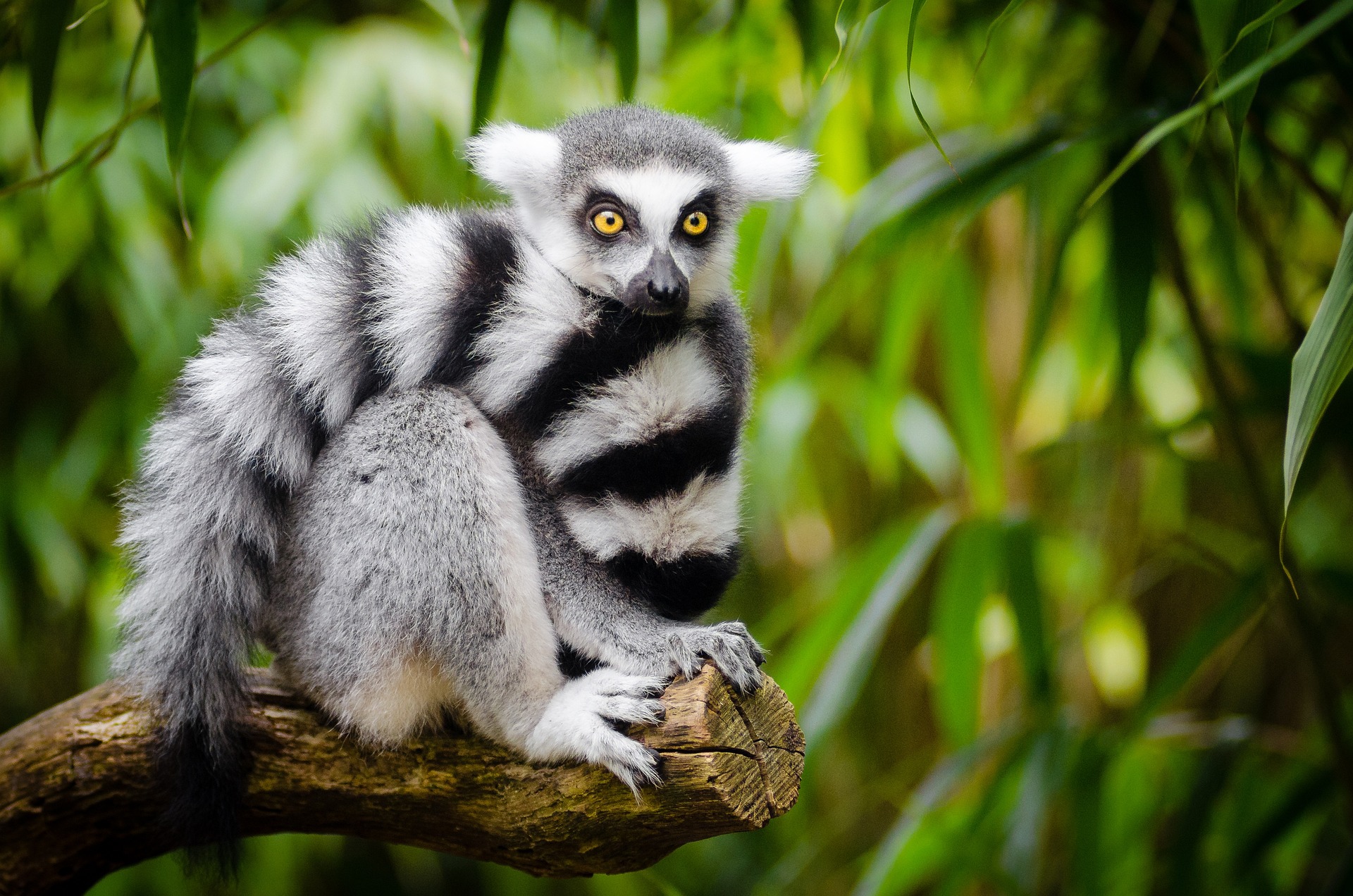Reaction to study linking climate change with the descent to the ground of arboreal primates
An international study published in the journal PNAS has associated deforestation and climate change with different species of monkeys and lemurs that usually live in trees spending more time on the ground. This implies that they would be exposed to a greater number of hazards. The research has taken place in 47 species in different parts of the Americas and Madagascar.

Miquel Llorente - Primates ok EN
Miquel Llorente
Head of the Department of Psychology at the University of Girona, associate professor Serra Húnter and principal investigator of the Comparative Minds research group
The research reaffirms a "loud cry" in the field of primatology and conservation: the impact of humans on ecosystems has undoubtedly left an imprint that will be difficult to erase. The work is an example of what international collaborative research should look like, providing us with a unique insight into the answers to critical questions such as those posed by the authors. Given the magnitude of the project and the data analysed, the findings present profound evidence of how human-induced climate change is acting on a planetary scale and at all levels.
The impact of climate change on primate terrestriality is not trivial. Globally, primates are arboreal and not very terrestrial. Spatial behaviour in primates - and in animals in general - has implications for feeding, predation risk and social behaviour, among others. Therefore, considering that behaviour is our way of adapting to the environment, any change in the context in which these animals live (moving from the trees to the ground) has potential catastrophic risks for their survival that are difficult to determine at present.
As for the limitations of the study, despite the enormous effort and value of this research, I think it would have been relevant - and therefore necessary - to assess the impact of climate change and deforestation on African and Asian primates. This would allow us to know how the effect - beyond the variables already evaluated - varies in the species present in the other two large biogeographic regions, and in particular in Asia, where more than 70% of its primates are at risk of extinction and 95% of its populations are in decline.
- Research article
- Peer reviewed
- Observational study
- Animals



